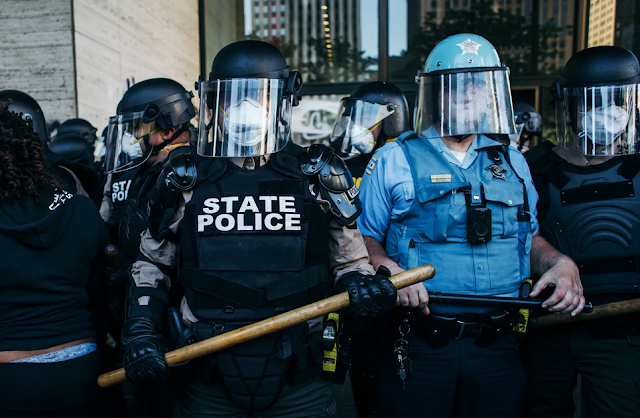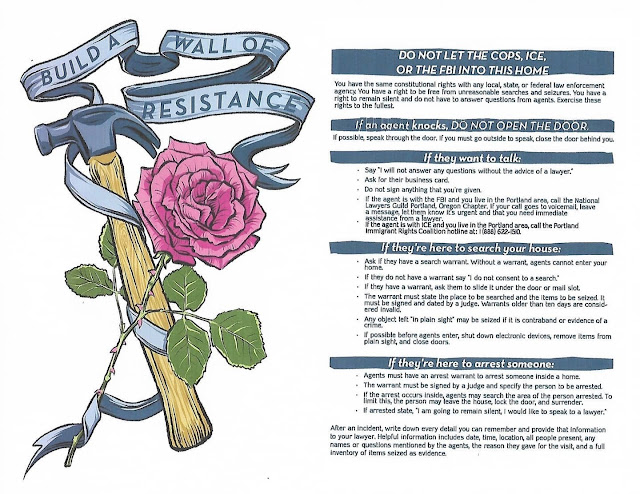Police's Military Tactics Turn Peaceful Protests Violent
Police in riot gear swinging batons. Plumes of tear gas. Protesters on their knees, pepper-sprayed in the face. Rubber bullets shot from moving cars. Such scenes have played out in some 75 cities across the US after the death of George Floyd in police custody in Minneapolis on May 25.
In New York City, police cruisers were filmed driving into protesters; in Atlanta, six officers are facing charges for using excessive force while arresting two students; in Louisville, Kentucky, two police officers were fired after they fatally shot a man while their body cameras were switched off. “They’re relying on escalated use of force to try to police the protests,” says Jennifer Cobbina, associate professor in criminal justice at Michigan State University, pointing to tear gas, rubber bullets, and flash grenades. “All of these are escalated use of force. That is incredibly heavy handed, it’s militarized tactics—and it’s used on protesters who are actually protesting police violence.” (Wired https://www.wired.com/story/the-polices-military-tactics-turn-peaceful-protests-violent/)
How to Survive Anti-Police Protests - Frontline journalists, medics and lawyers offer tips on protecting yourself from police violence during protests.(https://truthout.org/articles/how-to-survive-anti-police-protests/) On July 12, [2020] Donavan LaBella was nonviolently protesting across from Portland’s Justice Center when federal officers fired a munition at his head, shattering his skull and sending him to the hospital with a traumatic brain injury. The shocking videos of LaBella falling to the ground with blood pouring from his head reflected the general pattern of extreme police violence.
Street Medics work in this hostile environment to provide first aid and care to victims of police violence.
Protocols for Common Injuries from Police Weapons - For Street Medics and Medical Professionals Treating Demonstrators (https://crimethinc.com/2020/06/08/protocols-for-common-injuries-from-police-weapons-for-street-medics-and-medical-professionals-treating-demonstrators) -- These guidelines are intended to equip street medics and health professionals to respond to some of the common injuries inflicted by police violence. It can be difficult to find solid information about how to treat such injuries based on real-life experience. Most mainstream health professionals have little experience treating injuries caused by police weapons; this guide shares the knowledge that medics gained in repeatedly responding to these injuries, in hopes of saving others the trouble of having to learn by trial and error.



Comments
Post a Comment